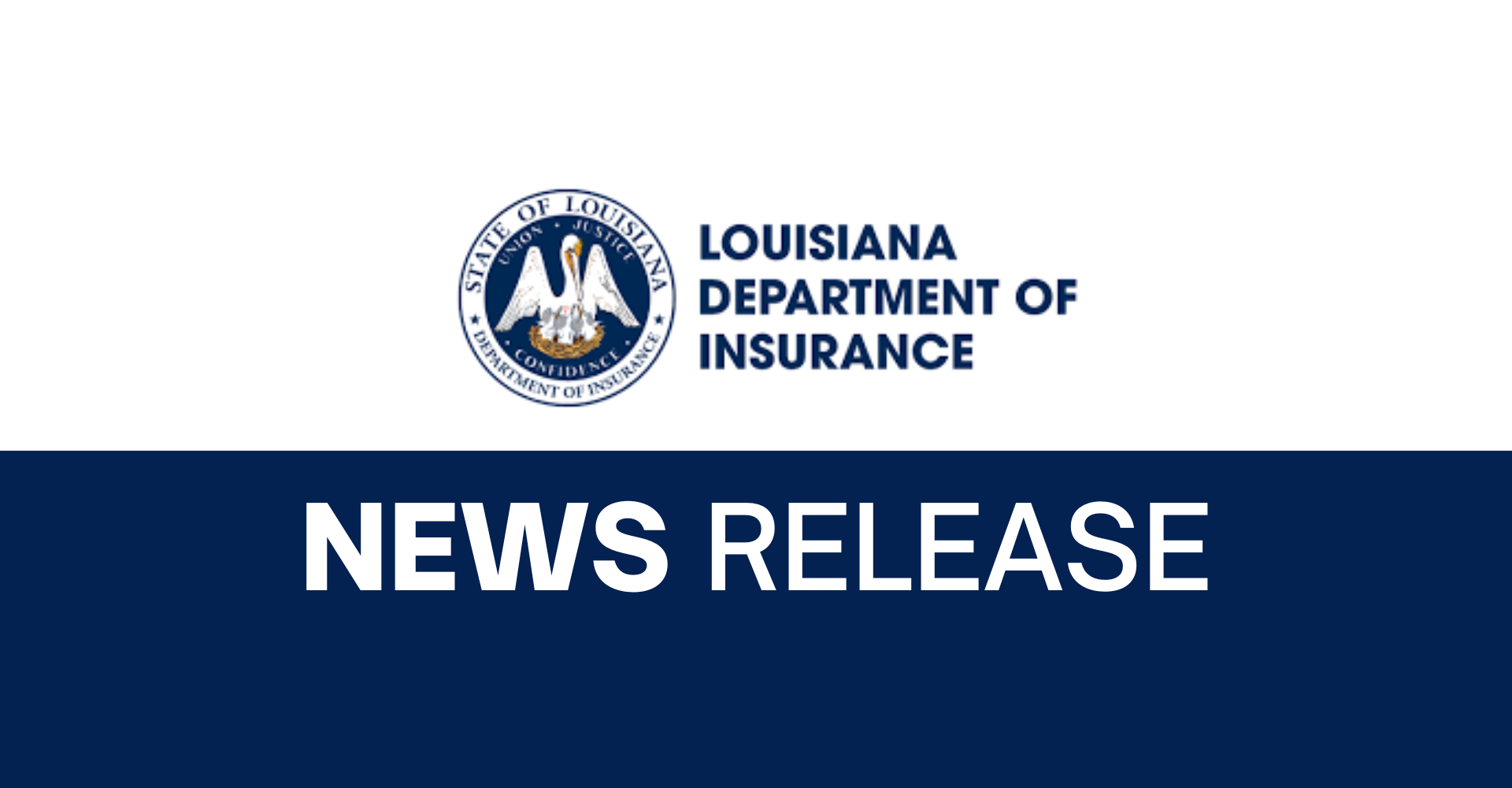5 Safety Tips for Every REALTOR®
How much have you thought about your safety? Odds are good you haven’t given safety much thought, and if you have, I can assure you that it’s not enough thought. The vast majority of agents never face a safety-related situation. But all it takes is once, and the simple fact is that as a “lone worker” you will frequently be placed in situations where your safety could be compromised. There isn’t a need to be overly paranoid about what can happen to you. But you must be aware and practice good safety habits, always. Your safety is non-negotiable and you need to do everything you can to keep yourself safe.
Here are a few tips that can help you be safer in your daily activities as a real estate agent.
List of Services
-
Don’t do it aloneList Item 1
There is safety in numbers. Most agent safety issues happen when agents are alone. While it’s virtually impossible to always have someone with you, there are many times when you can. And it not only helps you be safer, but it can also help your business.
Take a partner to an open house. A good lender can speak with open house attendees about lending options. They can even pre-qualify them for a mortgage on the spot. A home inspector or contractor can discuss maintenance tips. Does the listing have a pool? Tap a local pool store for an expert in pool care.
Ask a fellow agent to accompany you on showings.
Never meet a new client alone. Bring them into your office, or meet them at a public coffee shop or cafe.
-
Practice good situational awarenessList Item 2
Every safety expert agrees that proactively preventing a safety issue before it occurs is far superior to reacting to a live safety event. The single best way to avoid a serious situation is to practice good situational awareness.
In a nutshell, situational awareness is simply being cognizant and aware of your situation and surroundings. Trust your gut. If something feels wrong, it probably is. There has never been a commission check cut that is worth compromising your safety.
-
Screen your contacts and clients Write a description for this list item and include information that will interest site visitors. For example, you may want to describe a team member's experience, what makes a product special, or a unique service that you offer.
List Item 3 -
Take classes and practice self-defense techniquesList Item 4
Every agent should take a self-defense class. Personally, I think it should be a requirement to hold a license, along with regular refresher classes.
The problem with any method of self-defense is that if the techniques and tools are not regularly practiced, they swiftly lose their effectiveness. There is a reason law enforcement regularly practices — it’s to build muscle memory. No one knows how they will react in a situation, and the more you practice, the better chance you have of remembering your self-defense tactics and employing them correctly.
-
It’s not just violent crime
Odd as it may sound, the easy things to talk about are what can be done to help prevent violent crime. Often forgotten though are other safety-related things an agent should be aware of.
As an agent, you spend a lot of time in your car. What increases the more you drive? Your chances of a breakdown or an accident.
Be prepared for a breakdown. Make sure your spare tire isn’t flat, and know how to change a tire. Keep a car safety kit in your trunk with basic tools, flares and cones.
Know what to do if someone suspicious starts following you (drive to a police station or public place). Being alert and aware of your surroundings goes for while you’re driving, too. Don’t drive when you’re exhausted.
Another thing agents do is send a lot of email and texts, some involving client financials. Be aware of cybercrime and understand basic preventive tactics.
None of these tips will eliminate the safety threat. They can, however, reduce that threat. Be vigilant, be aware, and never take your safety for granted.





